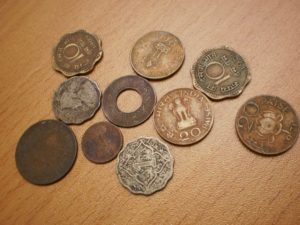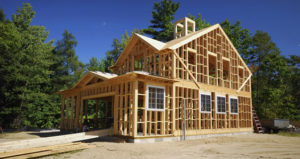Investment Ideas (That Aren’t A House!)
 Every standard investment advice consists of making a big purchase in the shape of a house, as it’s generally viewed as one of the best ways to get a good return, or if you ask for another item to invest in, most people will say get another property! But are there other options for investment that don’t involve four walls and a roof? Well, surprisingly enough, there are!
Every standard investment advice consists of making a big purchase in the shape of a house, as it’s generally viewed as one of the best ways to get a good return, or if you ask for another item to invest in, most people will say get another property! But are there other options for investment that don’t involve four walls and a roof? Well, surprisingly enough, there are!
Precious Metals
Precious metals like gold are considered to be quite controversial assets. Some people see them as a no-brainer and are a foolproof investment, and while others may view them as a nightmare, the fact is that the truth is neither here nor there, but they are responsive to certain market conditions. Precious metals appear to gain value when the dollar is weak, and then weaken when the dollar is strong in value. However, this is not an exact science. And of course, we don’t know when this will occur, so it’s best to have some precious metals available at all times. The great thing about items like gold bullion is that you can purchase them and keep them safely at home.
A Boat
A lot of people would consider a boat to be a terrible investment. However, this is largely due to the upkeep and maintenance of the boat. The financing alone can be crippling, but there are sites like boatfinancing.co that can show you the best options for getting a loan to purchase a boat. As time goes on, and the concerns about rising water levels and the threat of natural disaster at every corner, it would be very sensible to own a boat. So not only is it a sensible investment right now, but it’s something that is going to be highly desirable in the coming years.
Peer To Peer Lending
As a way to remove the middleman out of the equation, this is a great way to get a higher rate of return. It benefits both sides, the investor, and the borrower, as the borrower gets a lower rate. Many organizations specialize in peer to peer lending, such as ratesetter.com, but there are plenty of other peer to peer lending platforms that have a decent return on investment, you just need to look for them. But you need to beware that with certain lending platforms, you may be required to invest more than $50!
Wine
Yes, believe it or not, wine is a great product to invest in because it can increase in value as it ages. With the right type of vintages, these can be highly sought after, and you can make a decent amount of money. Of course, to make the most out of this investment, you need to have a good understanding of wine generally, but you also need a room to store them in that is temperature-controlled. To get a substantial profit from your wine, you will also need to buy in bulk. In addition, you need to keep notes of when you bought certain vintages and where from, as these are vital trinkets of information to wine connoisseurs.
You see? There are more investment ideas than a house. So take some of these ideas on board and start investing!
















